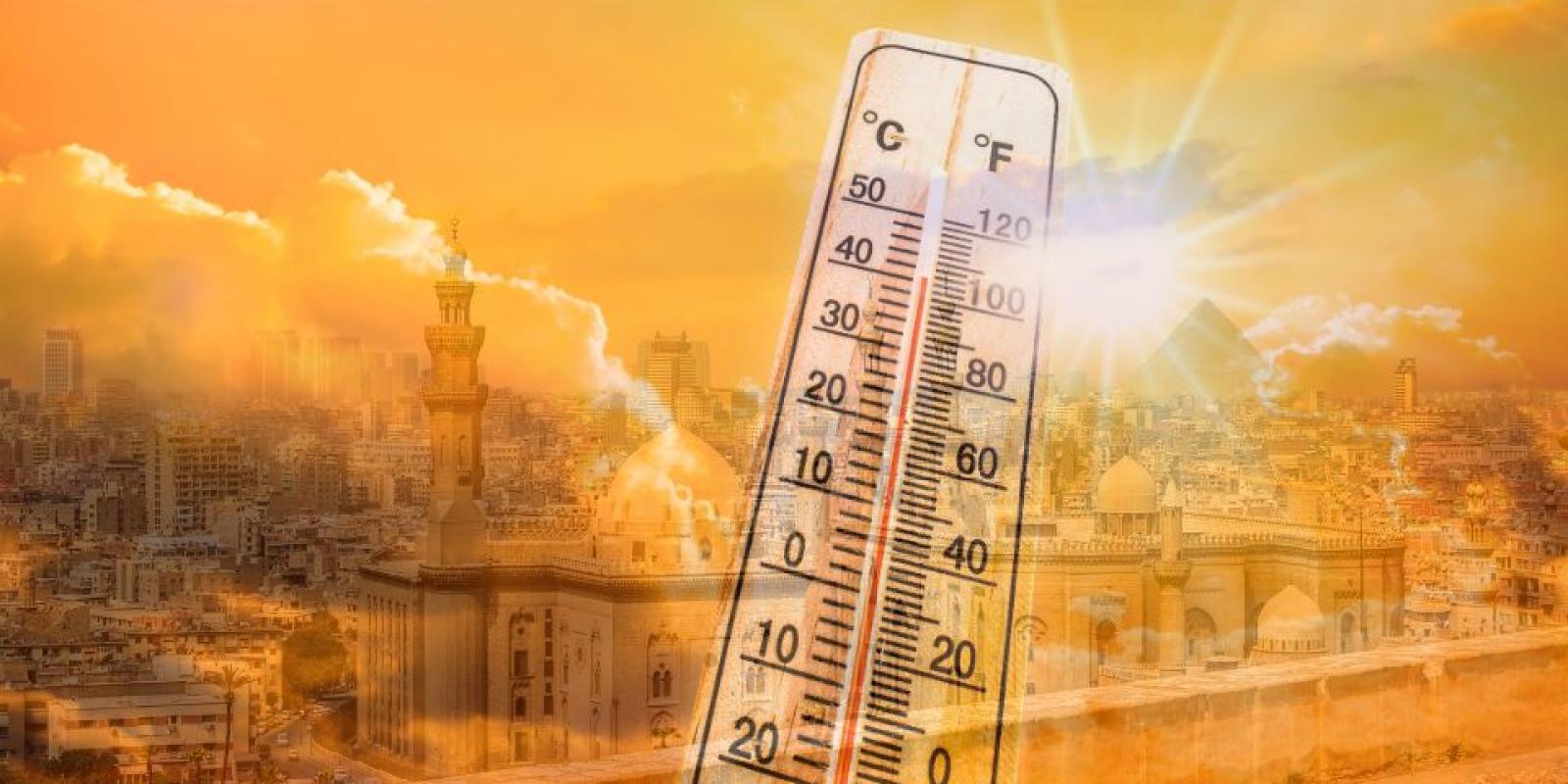
Hottest Weather Ever: What This Means for Our Health
This month witnessed the highest global temperature ever recorded in more than 125,000 years, according to international news reports, including CNN, The Washington Post, Forbes and The Guardian, based on date from the University of Maine's Climate Reanalyzerr.
With Egypt experiencing an increase in heat waves, News@AUC spoke to Anwar Abdelnaser, assistant professor in the Institute of Global Health and Human Ecology, to examine how the shifts in weather patterns, particularly heatwaves, sandstorms and more frequent thunderstorms, could affect the health and well-being of the country’s population.
What is causing this change in weather?
The heart of the matter lies in understanding two critical phenomena: one natural and the other, unfortunately, man-made. Our Earth has its rhythms, expressed as periodic heatwaves, sandstorms or thunderstorms. However, the crescendo of these climatic symphonies has intensified and their scales broadened, largely due to anthropogenic climate change.
Is this related to climate change?
Indeed yes. Climate change, a silent but relentless sculptor, has reshaped Egypt's weather. As global temperatures rise, our atmosphere, now richer in energy and moisture, stirs up heat waves more frequently and with greater intensity. The heat waves become an invisible specter haunting our cities, especially those suffering from the urban heat island effect. As a result, we face an escalating health crisis, with dehydration, heat exhaustion and heat strokes lying in wait for the most vulnerable among us –– the elderly, chronically ill, outdoor workers and those bereft of adequate cooling facilities. In parallel, our increasingly heated planet disrupts wind patterns, pushing us into the path of more frequent and powerful sandstorms.
What effect does this have on our health?
These dusty specters carry a cloud of health concerns, primarily respiratory conditions like asthma and bronchitis, triggered by the inhalation of fine particulates. Furthermore, they cloak our cities in a veil that makes travel, particularly access to healthcare services, a hazardous endeavor.
In Egypt, there has been a period of thunderstorms and heavy rainfall. What effect does this have health-wise?
While these weather conditions might be a rarer spectacle in Egypt, their repercussions are far from negligible. Flooding, a sudden and uncontrollable menace, poses immediate physical threats. The aftermath of such an event, potentially steeped in waterborne diseases, casts a long, worrying shadow over our public health infrastructure. We cannot turn a blind eye to the unfortunate fact that these climatic afflictions do not dispense their wrath equally. The social gradient in healthcare access implies that marginalized and impoverished communities are expected to face the brunt of these climate impacts.
What needs to be done?
The weather we are experiencing isn’t an act of whimsical Mother Nature. Instead, it’s a critical message and a plea for help in the face of climate change. The urgent call to action involves formulating heat action plans, enhancing our urban landscapes to combat the heat island effect, fortifying healthcare access and strengthening our disaster risk management strategies. Let's remember this isn’t a solitary battle. It's a shared journey toward a sustainable, resilient and healthier future.
